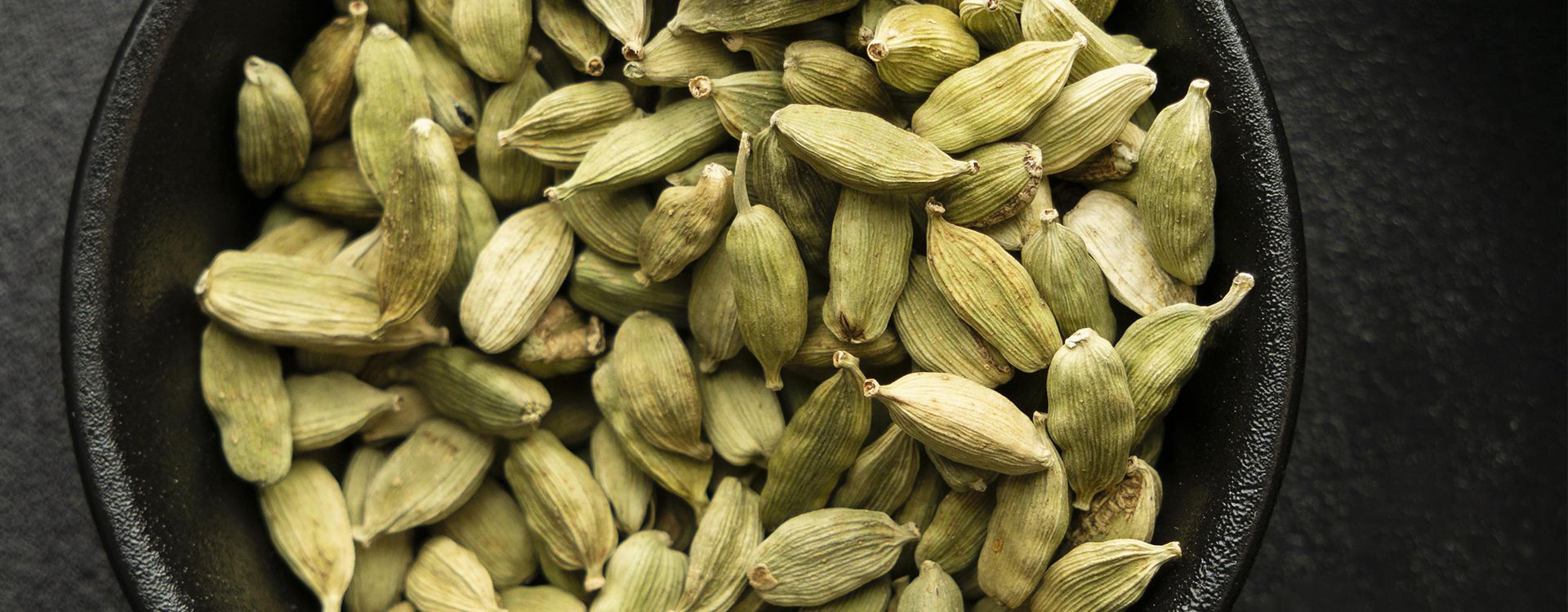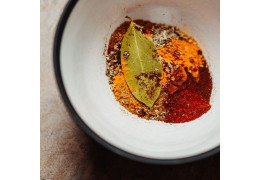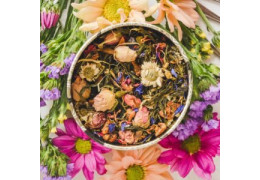
The many virtues of fennel and its seeds
Fennel, or Foeniculum vulgare, is a member of the Apiaceae family. It is a perennial plant with a bulb, long stems and broad leaves. Fennel produces fruits in the form of gray, ridged seeds. Native to the Mediterranean region, this wild plant has been consumed for centuries for its aniseed flavor and medicinal properties. Discover the benefits of fennel in all its forms.
Fennel, a healthy plant
In the kitchen, fennel bulbs are an integral part of many recipes. It can be eaten both raw and cooked, in salads, pan-fried vegetables, gratins and more. What's more, this aniseed-flavored plant has a number of health benefits. Here are the benefits of raw fennel.
Fennel: a rich, healthy vegetable
Eating raw fennel as part of a meal is an excellent way to look after your health. First of all, fennel is one of the lowest-calorie foods, with an average content of 21 calories per 100 g of plant. Fennel also has a very low sugar content and zero fat content. Fennel's fiber content is higher than that of other vegetables, promoting good digestive health. Introducing the raw bulb to your kitchen also allows you to take advantage of fennel's other benefits.
- Fennel contains lignan, a polyphenol with antioxidant properties.
- The vegetable is rich in vitamin K1, which helps maintain normal bone structure and coagulation.
- Fennel is also a source of potassium, which contributes to the normal functioning of the nervous, muscular and vascular systems.
- Fennel also contains other vitamins, such as C, B5, B6 and B9.
Fennel: properties and uses
Fennel's benefits go far beyond its nutritional qualities. Fennel has many health benefits and is a medicinal plant. It has anti-inflammatory, antispasmodic and antioxidant properties. Consuming fennel for digestive disorders remains the plant's best-known use. Thanks to its properties, fennel relieves bloating, colic, stomach ache and flatulence. It also protects the liver and has a diuretic and detoxifying effect. Although no health claims are currently authorized, fennel has been studied for its benefits against the signs of menopause. There are also studies showing that fennel has an effect on breast milk production. Fennel is also said to promote memory activity and muscle relaxation.
The benefits of fennel seed infusion
Cooking is a good way to consume this aniseed-flavored vegetable. You can also enjoy the benefits of fennel through its fruits. Fennel seed tea is used in phytotherapy. After a few minutes infusion in hot water, the essential oil of the seeds is released, offering a herbal fragrance. Inhaling and sipping the drink then provides health benefits.
Fennel tea for digestion
Drinking fennel tea to relieve digestive problems is one of grandma's traditional remedies. This use is well known in phytotherapy. Colic, diarrhea, flatulence, stomach aches: fennel seed tea relieves everyday digestive discomforts. Take advantage of fennel's benefits by having a herbal tea at the end of a heavy meal.
Fennel seed infusions for the respiratory tract
With a lack of vitamins or fatigue, your immune system weakens in winter. In the event of a cold or cough, you can consume fennel fruit infusions. They help your body defend itself and clear your airways with an expectorant effect. To reap the benefits of fennel, inhale the scent of the essential oil for a few minutes.
Using fennel infusion against inflammation
Among the virtues of fennel infusion are its anti-inflammatory properties. The infusion is said to help relax muscles and relieve pain. Studies show effects on uterine cramps and discomfort during menstruation. In men, fennel seed infusion is said to relieve pain caused by scrotal hernia.
Tips for successful fennel infusions
To enjoy the health benefits of fennel, you need to follow a few recommendations. Here are our tips for making your own infusions.
- Choose organic fennel seeds.
- To reap the benefits of fennel, you need to infuse at least 4.5 grams of fennel a day.
- The maximum daily dose of fennel seeds in infusion is 7.5 grams.
- For use in phytotherapy, particularly for digestive disorders, 3 infusions a day are recommended, i.e. 2.5 grams of organic product per cup.
- Fennel seeds should be steeped in boiling water for 15 minutes to extract their health benefits.
With its distinctive aniseed flavor, fennel is one of the foods you need to try. Enjoy this vegetable with your meals, or opt for its fruits in infusions. Discover our organic fennel infusion and all its virtues. Would you like to enjoy the benefits of fennel , but aren't keen on anise? Many infusion recipes incorporate the seeds of this unusual vegetable.






